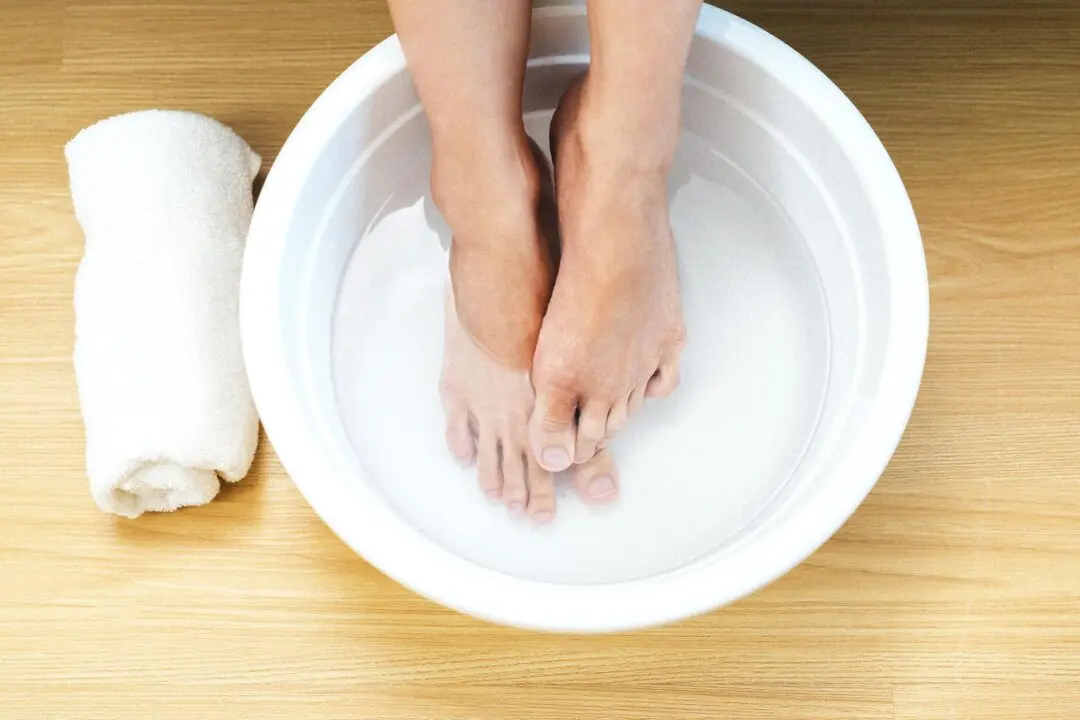Daily moderate coffee consumption reduces the risk of cardiovascular diseases and cancer-related mortality, combats depression and anxiety, and aids the body in resisting COVID-19 infection, studies have found.
Winter is flu season, with a heightened prevalence of respiratory infections. Additionally, recent outbreaks of mycoplasma pneumonia in China, coupled with a resurgence in COVID-19 cases, have left people feeling uneasy.






